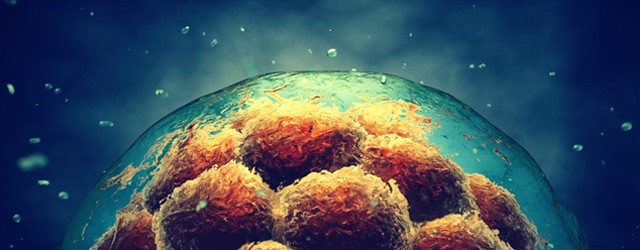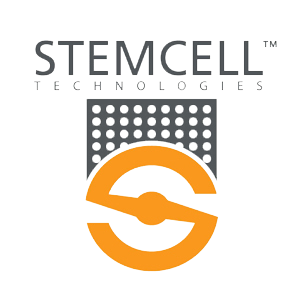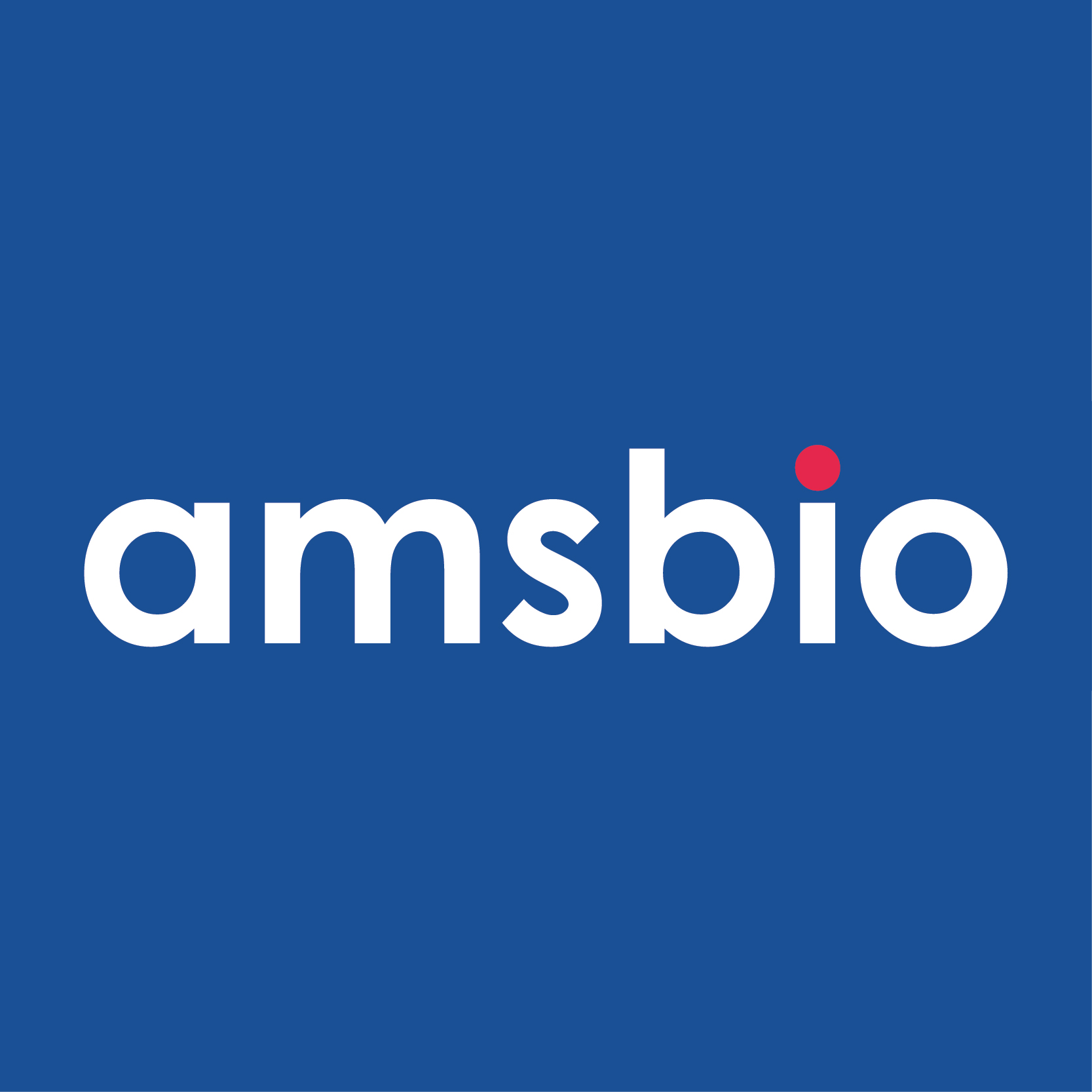Panel discussion on organoids

Available now on demand.
This panel discussion, featuring experts from institutions around the world, will assess the developments that have led to where we are now and evaluate the current state of the art.


Organoids offer a unique opportunity to model drugs and diseases in vitro, comprising of a range of organ-specific cell types that are closely biomimetic, enabling more accurate drug testing and disease modelling than traditional 2D cultures. However, they are not without inaccuracy. In addition, without vasculature, their ability to mature and sustain themselves is limited, and some organoids may lack key cells types.
In this free panel discussion, our experts will the remaining challenges in organoid production, the varied applications for which organoids could be utilized, and what the future could hold for organoids in research and clinical translation LIVE. Hear their insight plus have your own questions answered.
This webinar was recorded on 5 April 2018.
Register now>>
Q&A highlights
Q: How well can organoids freeze, should they be made fresh before use?
A: It is highly dependant on the system and the stem cell population maintained within a given organoid system. Broadly speaking, for epithelial organoids that can be passaged for long-term maintenance, using an appropriate freezing protocol you can typically freeze and recover these cells consistently. We have found it best to culture between 2-4 days after passaging.
Q: It is possible to trace the organoids growth by multicoulors reporters?
A: Yes. If you derive the organoids from a source that has multicoloured reporters then the organoids themselves will exhibit these colours as they grow.
Q: Are there a gold standard or standard protocols for normal organoids?
A: Many of the published organoid growth protocols include conditioned medium components. For these biologically produced medium components, there is inherent variability because small changes in process impact the medium composition. Commercial media can provide standardization in medium composition and protocol.
View on demand now to hear the full Q&A!
What will you learn:
- Considerations for organoid manufacture
- Challenges in applying organoids to research and the clinic
- Future developments and advancements
Who may this interest:
- Researchers working in the multidisciplinary field of regenerative medicine
- Individuals with an interest in drug development
- Basic researchers in drug and disease modelling
- Regenerative medicine investors
Meet the speakers

Sumeer Dhar Manager of screening services and technology – AMSBIO
Sumeer graduated from Uppsala University with specialization in cancer drug discovery/characterization and drug resistance mechanisms. He has more than 12 years of experience in the field of oncology and has been involved in 3D ex vivo cell culture technologies for early drug development and profiling using pairwise drug combinatorial approaches. Sumeer is continuing his quest in utilizing 3D ex vivo platforms for preclinical and translational aspects of drug development.

Ryan Conder
Senior Scientist – STEMCELL Technologies Inc.
Ryan Conder is a Senior Scientist and Team Lead of the Intestinal Group in the Research and Development Department at STEMCELL Technologies. His group is responsible for products relating to 3D intestinal organoid culture, including IntestiCultâ„¢ Organoid Growth Medium (Mouse). Prior to joining STEMCELL Technologies in 2012, Dr Conder investigated the mechanisms regulating proliferation and differentiation of adult intestinal stem cells in the group of Dr Juergen Knoblich at the Institute for Molecular Biotechnology of the Austrian Academy of Sciences (IMBA). He is also a principle investigator on the Horizon 2020 European Research Council (ERC) INTENS project.

Meritxell Huch Group Leader – University of Cambridge
Meritxell Huch obtained her PhD degree in Gene Therapy and Pancreatic Cancer at the Center for Genomic Regulation in Barcelona, Spain. For the first time in the initial stage of her postdoctoral research, Dr Huch isolated the stem cells responsible for the rapid turnover of the adult stomach and proved that these adult stomach stem cells can be maintained and expanded in culture, forming “mini-stomachs” structures in vitro.She then moved her research to understanding the role and replicative potential of liver progenitors during liver regeneration. As a senior postdoctoral researcher in the Clevers lab, Dr Huch described that adult pancreas progenitors can be expanded long-term in vitro, an accomplishment never achieved before in the pancreas field.In 2014 she established her independent lab at the Gurdon Institute, University of Cambridge, where she works on elucidating the replicative potential of adult stem cells during tissue regeneration and disease. She was also awarded the NC3Rs International Prize. Dr Huch is the ‘Women in Cell Biology Early Career Medal Winner 2018’ – the medal will be awarded at the BSCB meeting in Manchester in March 2018.

Farzin Pourfarzad
Group leader – Hubrecht Organoid Technology
Farzin Pourfarzad performed his PhD research on globin gene regulation in adult hematopoietic stem cells in Erasmus Medical Centre, The Netherlands. Subsequently, he moved to the Dutch national blood bank, Sanquin, to do his postdoctoral research where he worked on epigenetic profiling of myeloid progenitor cells during differentiation within BLUEPRINT consortium. He is now group leader at Hubrecht Organoid Technology (HUB) founded by Prof. Hans Clevers and leads organoid R&D projects.